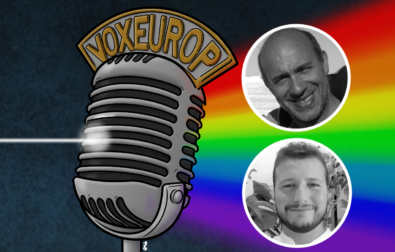From July 14 to July 21: from the storming of the Bastille to the swearing-in of Léopold I. On the calendar of national holidays in Europe, the commemoration of the French revolution is followed, ironically, by the celebration of a monarchy, in this case the Belgian monarchy. And this year, the anniversary is a little more significant: After 20 years on the throne, King Albert II is handing over the Crown to his son Philip.
The scope of this event extends beyond the pictures of happiness and royalty and the dynastic solemnity that will be splashed in the popular press. In a way, the King of the Belgians is the last useful monarch in Europe. As reported by the newspapers, both Flemish and French-speaking, after the announcement of his abdication on July 3, Albert II played a crucial role during the long political and institutional crisis that paralysed and threatened the country in 2010-2011. And his successor will certainly have to play this role as guarantor of national unity following the parliamentary elections in the spring of 2014.
There are still seven monarchies in the European Union. And even if few people still mix up “republic” and “democracy” in order to refute the legitimacy of constitutional monarchies, the monarchs have lost their aura and must conform more and more to the customs of our contemporary societies. And so, like Elizabeth II of England, King Philippe will have to pay taxes.
Even without their lofty auras, rulers are still often seen as the embodiment of the nation, an impartial figurehead rising above the parties, while the presidents of the republics have an ever harder struggle to stand free of political intrigues, with heads of governments regularly getting snared in corruption cases. This divide, though, is also being eroded away little by little, as demonstrated by the parallel troubles of Prime Minister Mariano Rajoy and King Juan Carlos in Spain, both weakened by scandals, one involving the Popular Party and the other the royal family.
In a Europe where the “nation” is a less apparent concept, the demand for democracy greater and the economic crisis most profound, the evolution of the role of the kings and queens of the old continent may soon no longer be quick enough.
The next generation of blue bloods better watch out: What a coincidence this comes just in time for the arrival of the Royal Baby!
A conversation with investigative reporters Stefano Valentino and Giorgio Michalopoulos, who have dissected the dark underbelly of green finance for Voxeurop and won several awards for their work.
Go to the event >









